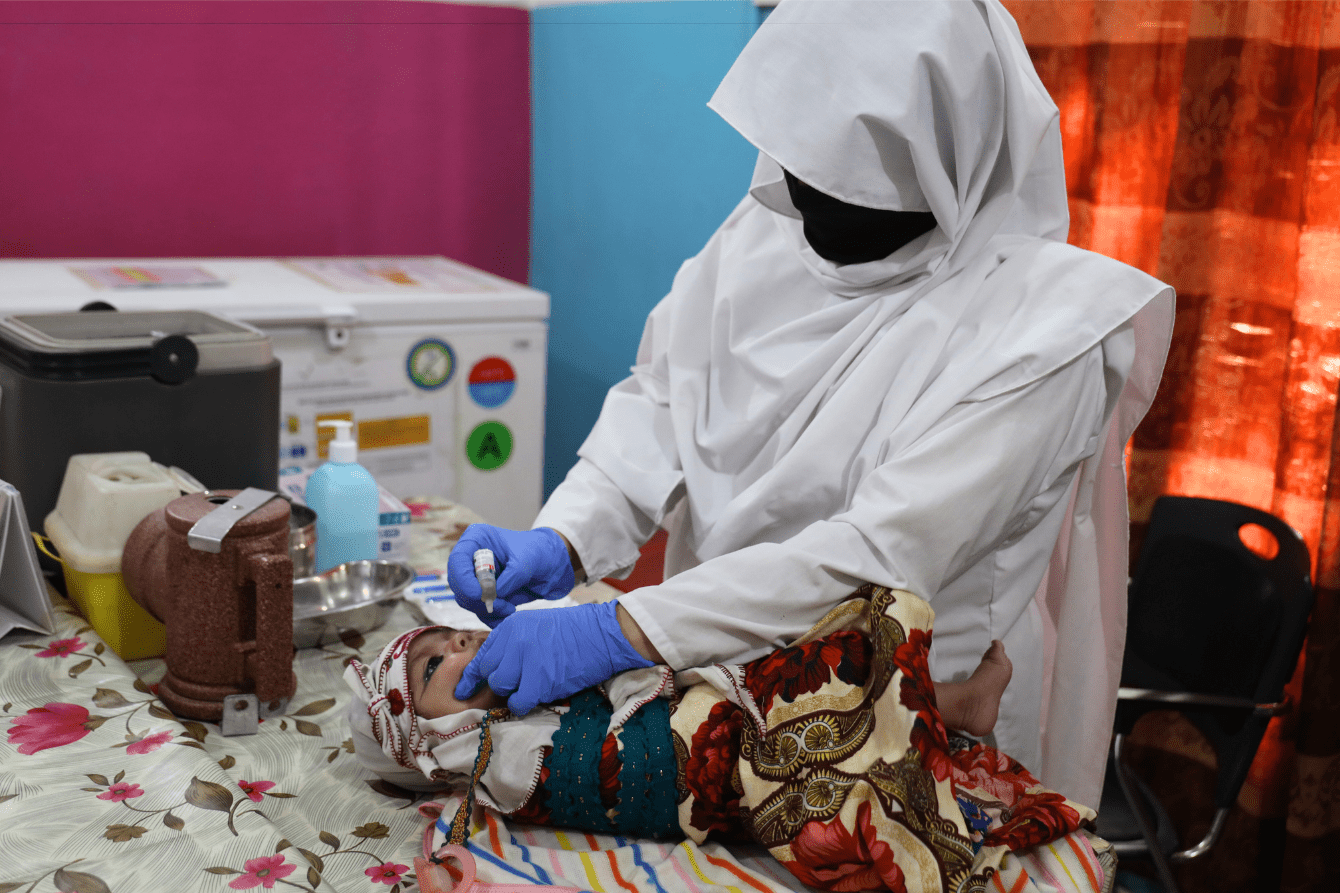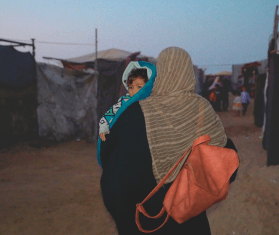Doctors Without Borders/Médecins Sans Frontières(MSF) is helping bridge gaps in access to maternal care in Balochistan, a province in southwestern Pakistan that has one of the highest maternal mortality rates in the country, with 298 deaths per 100,000 live births compared to the national average of 186.
Nestled in the rugged landscape of the Bolan Valley in Balochistan, famous for summer fruits such as apples and peaches, the MSF-run Kuchlak Medical Centre stands along the bustling Quetta-Chaman highway, a main artery connecting Pakistan with Afghanistan. The maternity unit is the heart of the facility. For the women and their babies in the area, access to medical services is not just critical—it is lifesaving.
“Eight of my nine children were born here, and my daughter-in-law delivered her five children in this very hospital," said Zarlast as she sat beside her daughter-in-law Zarnasha, amid the cries of newborns. "It’s part of who we are."
Reaching the hospital was no small feat for Zarlast. She spends 1,000 rupees (approximately $3.60) on a round trip via rickshaw—an amount that weighs heavily on her family’s already limited income. “When my husband can’t find work, it becomes even harder to afford the trip,” she explained. “If this hospital closes, where will we go?”
Fatima, who is from Landi Killi, walked two hours to reach the facility. All seven of her children were born there. “We can’t afford transportation,” she said, the cries of her sister’s newborn echoing in the room. “During my first pregnancy, another hospital insisted on a cesarean for no reason, but I refused. I came here instead, and they delivered my first child. Since then, I’ve had six more here.”

Supporting health care in Chaman
In Chaman—a northern town perched on the border between Balochistan and Afghanistan—health care is an even rarer commodity. Despite being a busy trading hub, access to medical services is inadequate. Since 2001, MSF has worked to bridge the gaps by providing critical health care in the region, as well as vital health promotion activities at District Headquarters Hospital. There, teams share leaflets and hold practical demonstrations to raise awareness about important topics such as hand-washing, vaccination, breastfeeding, family planning, and personal hygiene, among other issues.
Inside the maternity unit’s neonatal intensive care unit (NICU), Maria holds her baby Muhammad, who is ready to go home after 10 days in the hospital. “They treat us with respect,” she shared, as the doctor carried out one last thorough examination before discharge. “Here, everything is free, and care comes with responsibility. They teach us about hygiene and health care—things we wouldn’t learn anywhere else.”
Malnutrition and preventable diseases like measles also pose a threat to the children of Balochistan.
Four-year-old Sadia recovered from measles in the isolation ward at DHQ Hospital. Her father bought her a pair of bright yellow flip flops adorned with sunflowers before her discharge, which she wore on her way out. “I take loans to get by, but the free care here has given me the chance to take my daughter home healthy,” added Sadia’s father, who faces mounting debt.
Sadia's mother Aiza added, "without this facility, we wouldn’t have been able to save her."
We speak out. Get updates.
Our work in Balochistan
MSF is providing maternal and pediatric care services in three locations in Balochistan: Kuchlak, Chaman, and Dera Murad Jamali. In 2023, MSF supported 13,200 births in the province, and by August 2024, our teams assisted 9,640 births and conducted 30,023 consultations for pregnant and lactating mothers through MSF's comprehensive maternal health care program.




